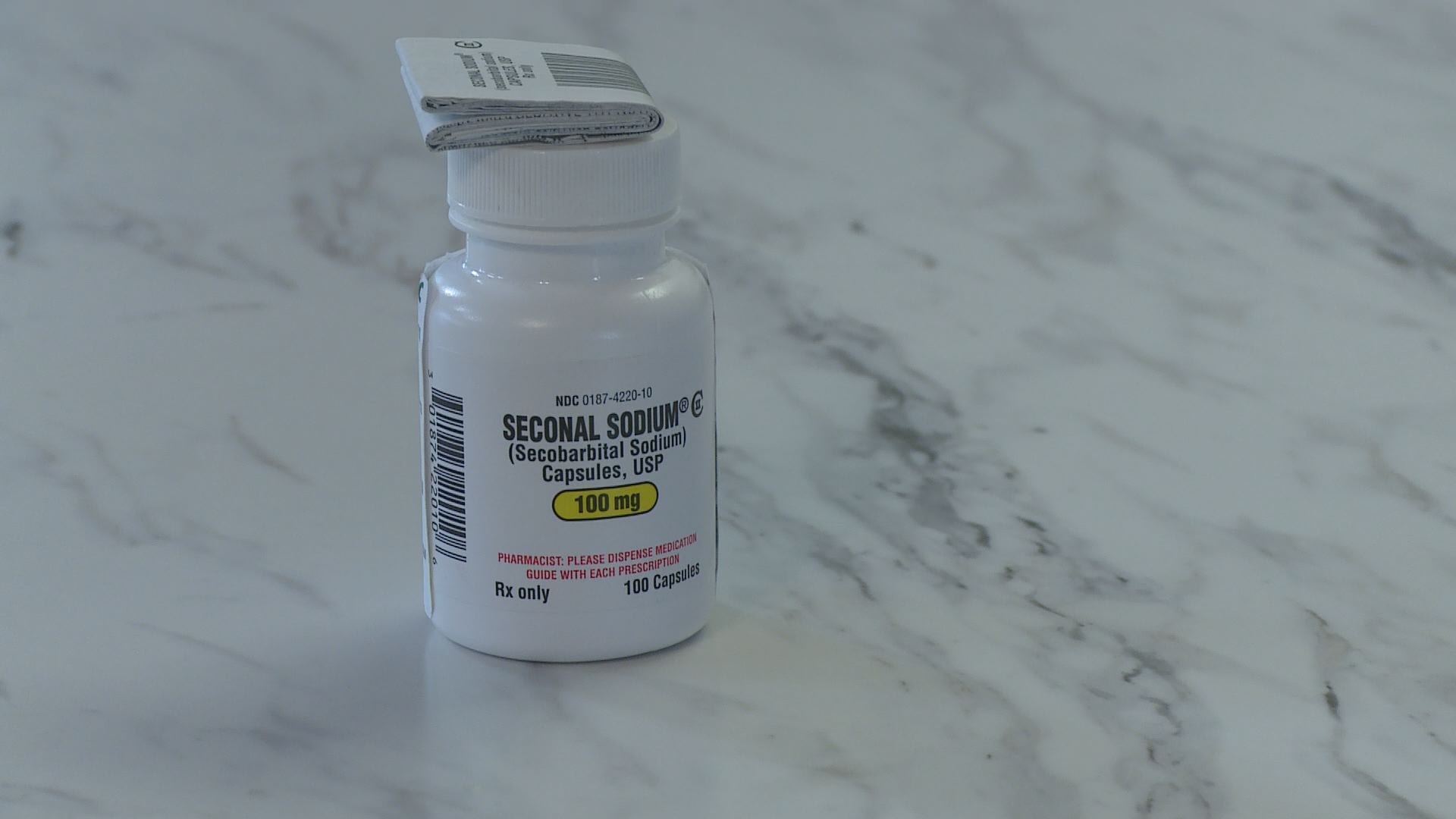Sixty-nine terminally ill Coloradans were issued prescriptions for medication to end their lives in the first year of the state’s new medical aid in dying law, according to a report released Thursday by the Colorado Department of Public Health and Environment. Fifty of those patients had prescriptions filled.
But the state doesn’t know how many patients used those drugs.
The report doesn’t indicate how many of those patients ingested the medication to end their lives, though the report does indicate it has death certificates for 56 of the 69 patients who received prescriptions.
Those death certificates don’t indicate much. Under the law voters passed in 2016, death certificates for patients who use the medical aid in dying law list the terminal illness as the cause of death. Death certificates do not indicate whether patients took medication to end their lives.
Fifty-four percent of those prescribed were men, 46 percent were female, according to the CDPHE report. The median age of people who received a prescription was 75 years old.
CDPHE says the diagnoses of patients mirror other states with the same laws. Sixty four percent of patients prescribed the drugs had cancer, 10 percent had ALS, 10 percent had heart diseases and 9 percent had respiratory diseases, like COPD.
The state also reports 93 percent of patients were enrolled in hospice care when they were prescribed.
The report says 19 different pharmacies dispensed drugs for medical aid in dying. Different drugs or combination of drugs were used: secobarbitol, DDMP combination (diazepam, digoxin, morphine sulfate and propranolol) and a list the report categorizes as “other” which includes morphine sulfate alone or some other combination of drugs.
The majority of patients, 56 percent, were prescribed that DDMP combination, which is a less expensive option. Forty two percent of patients were prescribed secobarbital or Seconal, the more expensive drug which costs patients as much as $4,000.
PREVIOUS COVERAGE:


